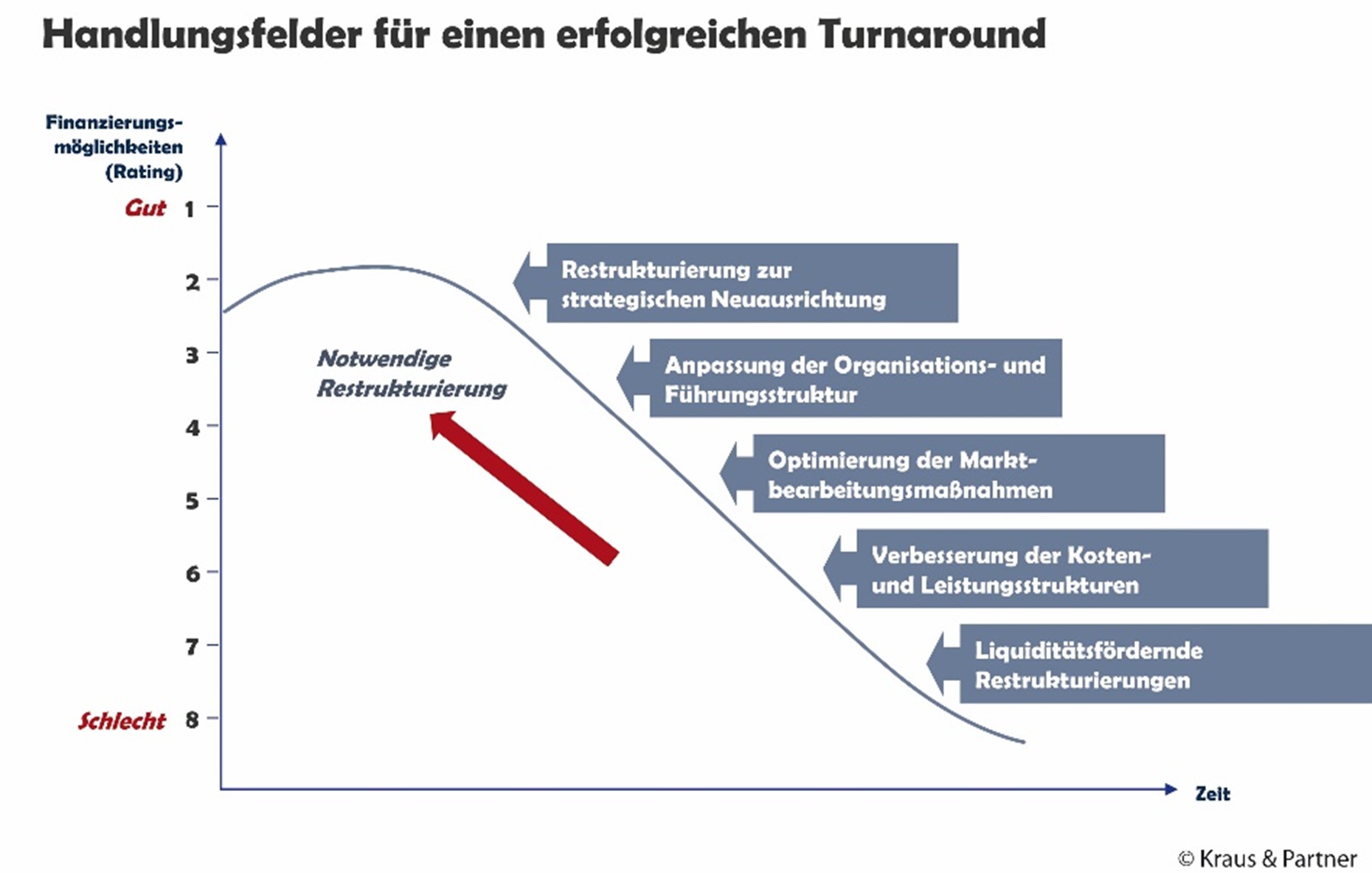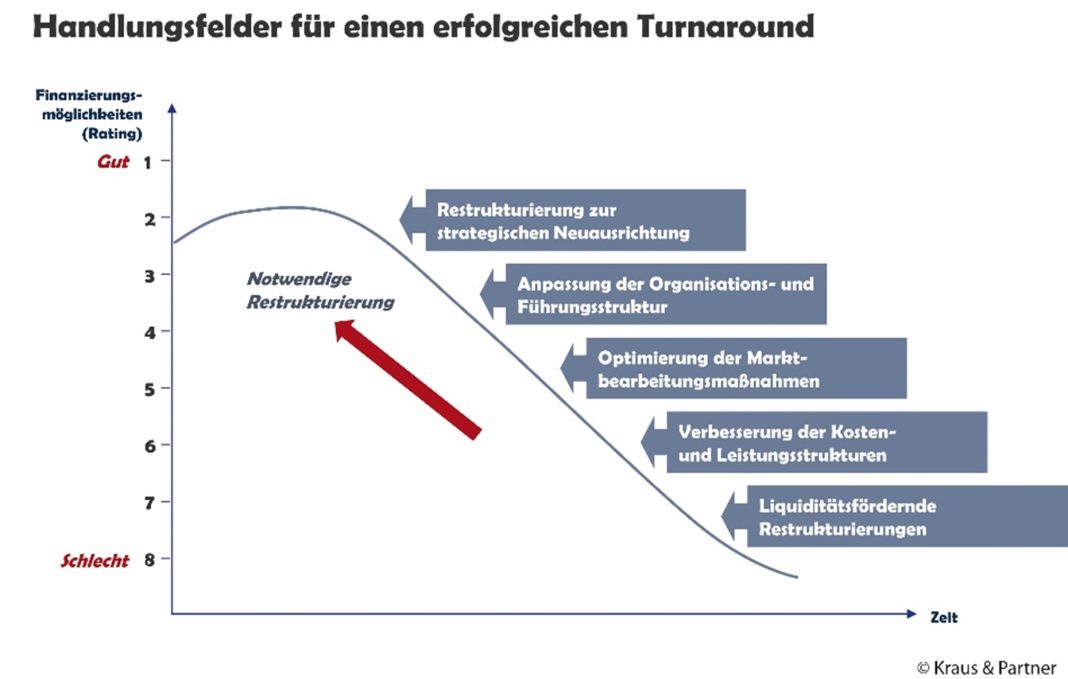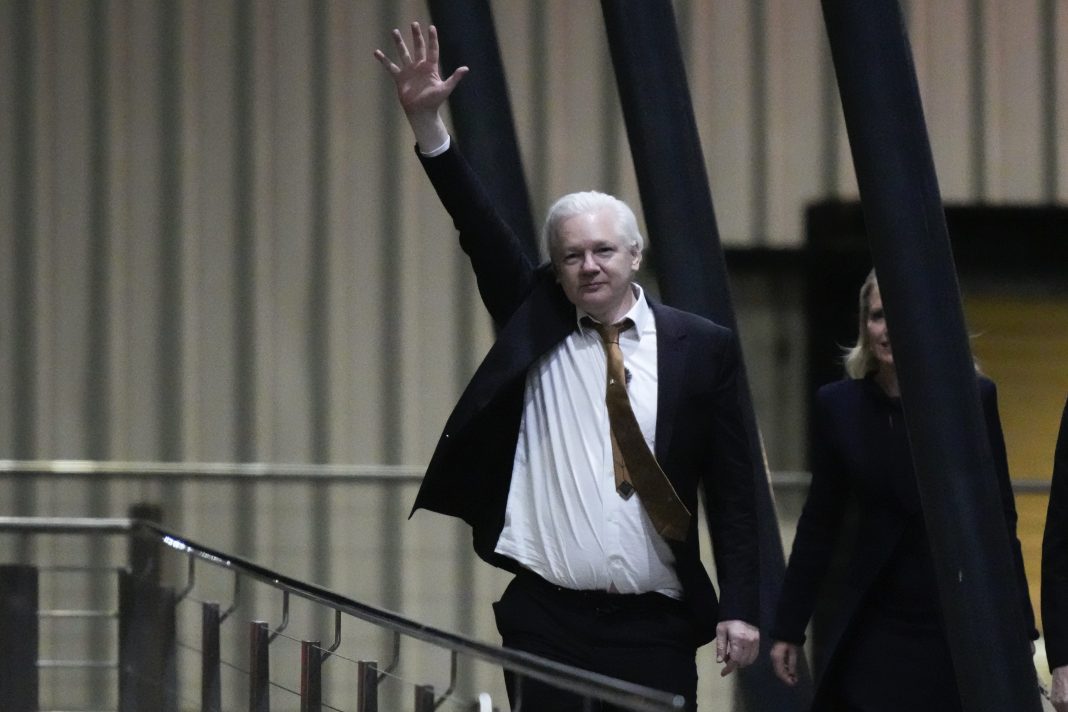 Pfizer experienced a significant turnaround in the first quarter of this year after a difficult 2023. The company’s CEO, Albert Bourla, announced during a town hall meeting that Pfizer had a “phenomenal” first quarter, which was well-received by Wall Street. The positive performance was a stark contrast to the previous year when Pfizer’s shares plummeted by over 40%, making it one of the worst-performing pharmaceutical stocks. The company’s market cap also dropped significantly from its peak in 2021.
Pfizer experienced a significant turnaround in the first quarter of this year after a difficult 2023. The company’s CEO, Albert Bourla, announced during a town hall meeting that Pfizer had a “phenomenal” first quarter, which was well-received by Wall Street. The positive performance was a stark contrast to the previous year when Pfizer’s shares plummeted by over 40%, making it one of the worst-performing pharmaceutical stocks. The company’s market cap also dropped significantly from its peak in 2021.
Pfizer’s success in 2020 and 2021 was attributed to its Covid vaccine and antiviral pill, which propelled its profits. The rapid development and deployment of the vaccine earned Pfizer widespread praise and recognition as a pandemic hero. However, as the pandemic receded in 2023, demand for Pfizer’s Covid products declined, leading to a sharp drop in revenue. The company’s fortunes quickly changed, and it struggled to balance its business stabilization efforts with the fears and uncertainties of its employees.
In an attempt to cut costs, Pfizer launched a multibillion-dollar cost-cutting program in October 2023, which included layoffs and reductions in research and development spending. While these measures may have boosted Wall Street’s confidence, some employees expressed dissatisfaction with the strategy shift. They cited increased workloads due to budget cuts, a return-to-office policy that forced out remote workers, and concerns about the company’s future performance.
The company’s cost-cutting program raised fears among employees about potential layoffs, particularly in certain manufacturing and supply chain divisions. These employees reported low morale and motivation. Former Pfizer employees also voiced their unhappiness with how the company handled the cost cuts in 2023, alleging a lack of transparency and a focus on stock performance rather than employee well-being.
Despite the challenges faced by Pfizer, the company is determined to stabilize its business and regain Wall Street’s favor. Bourla highlighted the renegotiation of Covid contracts, the transition of Covid products to the commercial market, and a focus on new product approvals as strategies for growth. Additionally, Pfizer’s acquisition of Seagen is expected to contribute to its position as an oncology leader.
However, the layoffs and return-to-office policies have taken a toll on employee morale. Some employees expressed feeling unmotivated and uncertain about the company’s future. The layoffs were perceived as a betrayal, especially among those involved in the development and manufacturing of the Covid vaccine. Some employees criticized management for their lack of transparency and excessive focus on stock performance.
The return-to-office policies further exacerbated the situation, with some remote workers losing their virtual work status and being asked to work in person. The closure of certain sites also forced employees to commute longer distances, adding to their dissatisfaction. The poor management of these policies led to a decline in employee morale.
Pfizer’s rebound relies on the success of its once-daily version of danuglipron and the commercial success of Seagen’s pipeline of cancer drugs. The company acknowledges that there may be challenges ahead but remains optimistic about its direction. Bourla expressed confidence in the company’s future and assured employees that they would regain the pride they felt in previous years.
In conclusion, Pfizer’s journey from pandemic hero to facing significant challenges highlights the complexities of navigating a rapidly changing business landscape. While the company’s financial performance has improved, it must address the concerns and uncertainties of its employees to foster a positive work environment and ensure long-term success.

